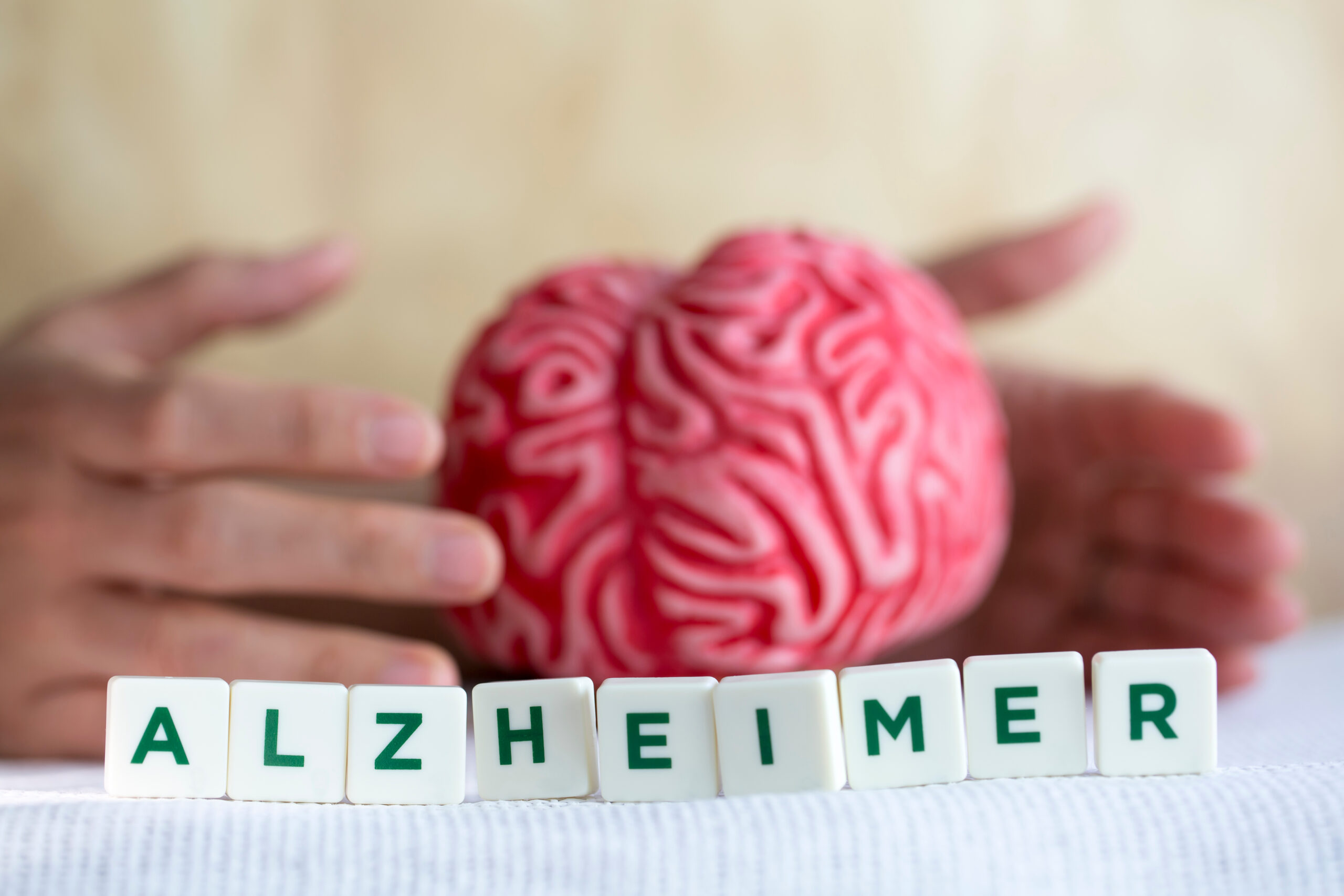Alzheimer Research Breakthroughs You Should Know About
### Alzheimer Research Breakthroughs You Should Know About
Alzheimer’s disease is a complex condition that affects millions of people worldwide. Despite the challenges, researchers have made significant strides in understanding and treating this devastating disease. Here are some of the latest breakthroughs you should know about:
#### 1. **Focused Ultrasound Treatment**
In a groundbreaking study published in the Journal of Neurosurgery, researchers have found that non-invasive focused ultrasound can safely reduce amyloid plaques in the brain, a hallmark of Alzheimer’s disease. This treatment involves using ultrasound energy to open the blood-brain barrier, allowing for the removal of these harmful plaques without the need for medication. The study, led by Jin Woo Chang, MD, PhD, in Seoul, Korea, showed promising results in six women aged 50 to 85, who underwent BBB opening in both frontal lobes three times at two-month intervals[1].
#### 2. **Infection’s Role in Alzheimer’s**
Scientists are now exploring the possibility that infections might play a role in the development of Alzheimer’s disease. Neuroscientist Rudolph Tanzi suggests that amyloid-beta, a protein that forms plaques in the brain, could be deposited in response to infection. This protein helps protect the brain from infection but also damages neurons over time, leading to dementia[2].
#### 3. **Ellagic Acid: A Natural Solution**
Ellagic acid, a compound found in fruits and vegetables, has been shown to reduce oxidative stress and inflammation, both of which are key factors in Alzheimer’s disease. This natural compound has the potential to prevent and improve the condition of Alzheimer’s by targeting multiple pathways involved in the disease[3].
#### 4. **New Medicines and Diagnostics**
In 2024, significant advancements were made in the treatment of Alzheimer’s. The European Medicines Agency (EMA) recommended Lecanemab, a new medicine that removes amyloid, the culprit protein responsible for causing Alzheimer’s disease. This is the first medicine in 20 years to target this protein directly, marking a new era in chemotherapy for Alzheimer’s. Additionally, new blood tests have been developed to enable rapid and accurate diagnosis, and lifestyle changes have been shown to reduce the risk of Alzheimer’s by up to 50%[4].
#### 5. **Link Between Head Injuries and Viruses**
A recent study revealed a link between repeated head injuries, such as concussions, and the reactivation of dormant viruses in the brain. This finding suggests that head injuries may contribute to the development of Alzheimer’s disease by triggering viral infections that lead to neuroinflammation and neuronal damage[5].
These breakthroughs offer hope for those affected by Alzheimer’s disease. While there is no cure yet, ongoing research is bringing us closer to understanding and managing this complex condition. By combining innovative treatments like focused ultrasound with new medicines and lifestyle changes, we may soon see significant improvements in the lives of those living with Alzheimer’s.





